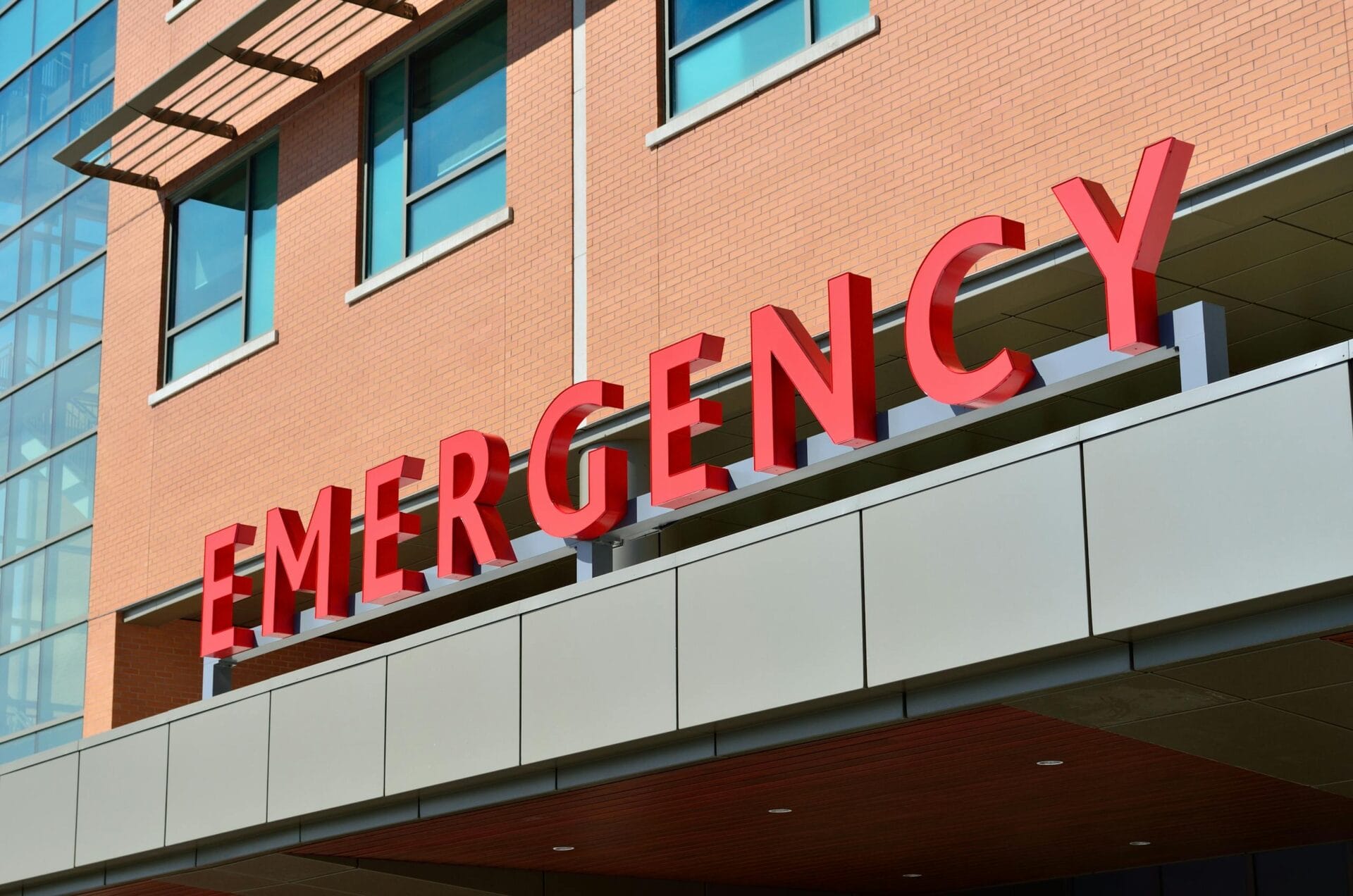Why Proper Medical Waste Management is Critical for Hospitals and Health Systems
Waste disposal practices in hospitals and health systems are essential. Effective medical waste management can help minimize biohazard risks, maintain a clean and safe facility, and reduce environmental footprint.
In addition, by partnering with a trusted provider, hospitals can improve efficiency, reduce potential liabilities, and comply with federal and state regulations.
Here’s why proper waste management is so important and how you can ensure safety and compliance in your hospital.
It Protects Patient and Staff Safety
One of the most important reasons for focusing on medical waste management is to protect the safety of both patients and healthcare staff. Improperly handled medical waste can lead to infections, injuries, and other health risks.
For instance, sharps waste, such as needles, syringes, and scalpels, can cause needle-stick injuries and expose healthcare workers to blood-borne pathogens. Additionally, contaminated materials can spread infections throughout the hospital.
To keep your hospital safe, consider the following steps:
- Use puncture-resistant containers: Always dispose of sharps and other potentially hazardous materials in approved, puncture-resistant containers. Ensure these containers are easily accessible in every area where waste is generated.
- Label waste clearly: Properly marked containers ensure that everyone understands how to handle medical trash safely. This is particularly important for biohazardous and pharmaceutical wastes.
- Follow infection control protocols: A system for safely handling waste at the point of generation helps reduce exposure to harmful substances. It minimizes infection risks for both staff and patients.
It Ensures Compliance with Regulations
Strict federal and state laws govern how hospitals should handle, store, and dispose of medical waste. For instance, the Resource Conservation and Recovery Act (RCRA), Occupational Safety and Health Administration (OSHA) standards, and Centers for Disease Control and Prevention (CDC) guidelines all set specific requirements for medical waste management.
Hospitals must comply. Otherwise, they can face fines, legal consequences, and reputational damage.
Here’s how to stay compliant:
- Work with certified waste disposal providers: Partner with a waste disposal company that is licensed and experienced in handling medical waste. Certified providers ensure that waste is disposed of in accordance with all regulations.
- Run regular audits and inspections: Conduct internal audits of your waste management practices to ensure compliance. Regular inspections help identify potential issues before they lead to penalties or safety risks.
- Document and report: Keep detailed records of your hospital’s waste generation and disposal methods. This documentation may be required for regulatory reports or inspections.
It Minimizes Environmental Impact
Improper hospital waste disposal can have serious environmental consequences. Medical waste, especially hazardous materials like pharmaceuticals and chemicals, can contaminate water supplies, soil, and the air if improperly disposed of.
Here’s how your hospital can minimize its environmental impact:
- Reduce waste generation: Look for ways to reduce waste in the first place. For instance, switching to reusable surgical tools, where possible, can lessen overall medical waste generation.
- Segregate recyclables: Some medical waste, such as certain plastics and paper products, can be recycled. By sorting recyclables from non-recyclable waste, you help minimize the amount of waste in landfills.
- Partner with eco-friendly providers: Choose a waste disposal company with sustainable practices, such as recycling programs or energy-efficient disposal methods.
For more information on eco-friendly waste management, visit Medsharps.
It Improves Operational Efficiency
Effective medical waste management doesn’t just ensure safety and compliance. It also boosts operational efficiency. Streamlining waste disposal processes can save time and reduce the cost of waste management.
Here’s how to improve your hospital’s waste management system:
- Scheduled pickups: Work with a provider that offers regular, flexible pickup schedules based on your hospital’s waste generation. Timely pickups prevent waste from accumulating and ensure compliance.
- Staff training: Ensure your staff is properly trained on waste segregation and disposal procedures. Training reduces errors and ensures that waste is disposed of correctly.
- Waste generation tracking: Monitor the amount of trash your hospital generates. Tracking this data can help identify waste reduction opportunities and improve overall efficiency.
Improving your waste management processes not only helps you save time and money but also creates a more efficient and organized hospital.
It Reduces Liability Risks
Improper handling of medical waste can expose your hospital to legal and financial risks. On the other hand, following proper waste disposal procedures can help your hospital minimize liability and maintain a strong reputation for patient and staff safety. Furthermore, partnering with a trusted waste disposal provider can help you streamline your processes and comply with regulatory requirements.
By focusing on safe, compliant, and efficient waste management practices, your hospital can reduce risks and operate more effectively. As a result, you can provide the best care possible to patients.
For more information on proper medical waste disposal practices, contact Medsharps.











